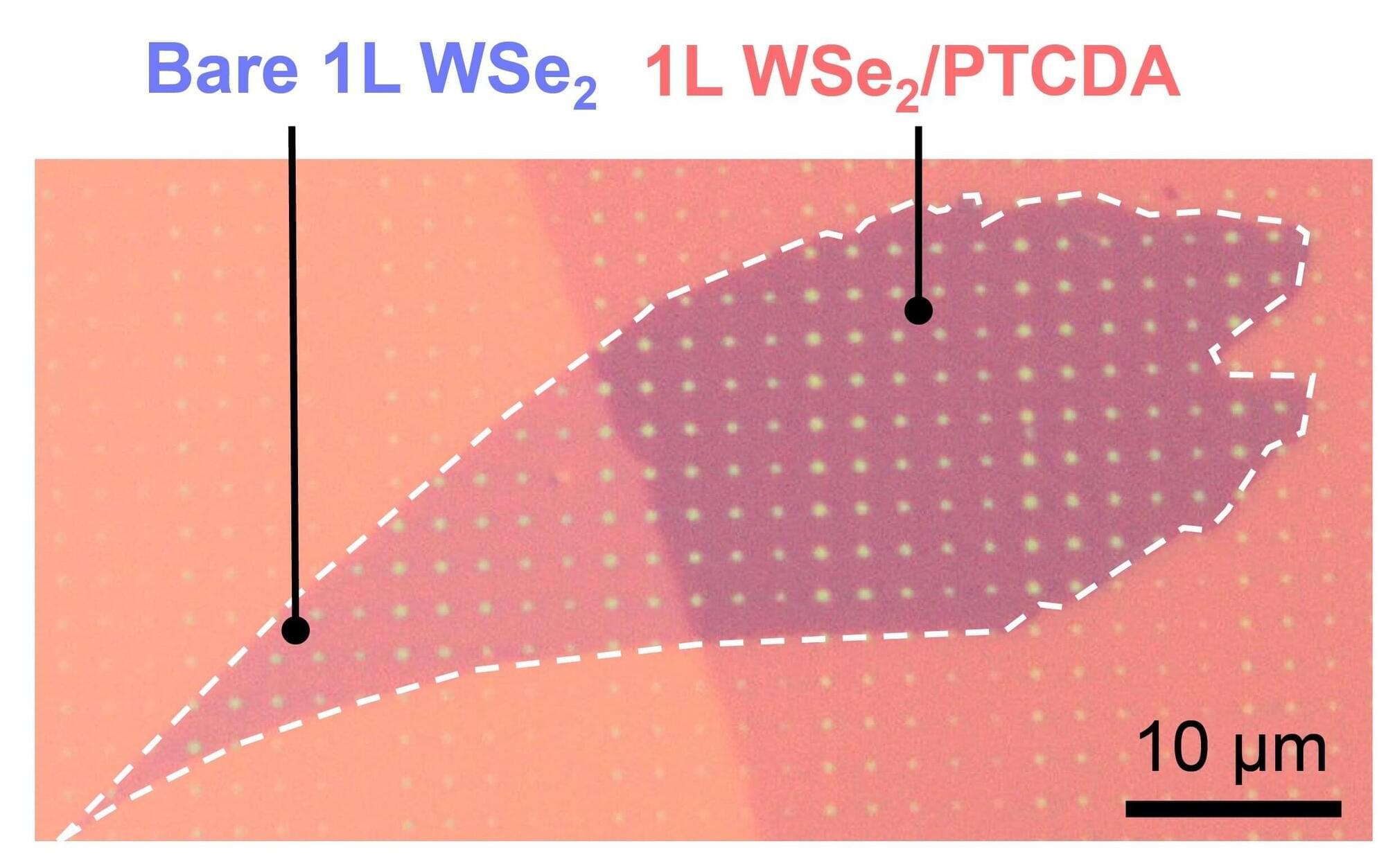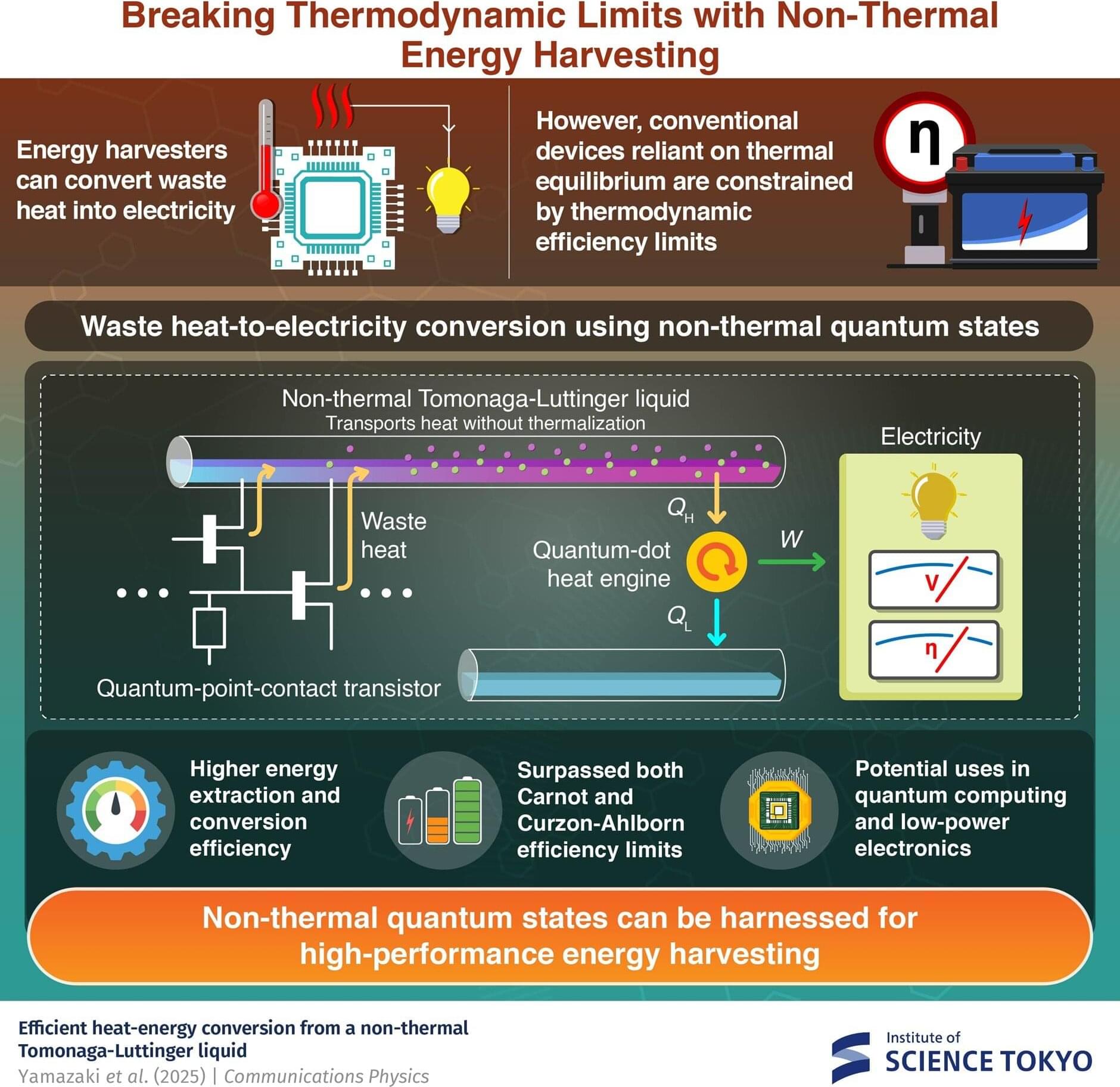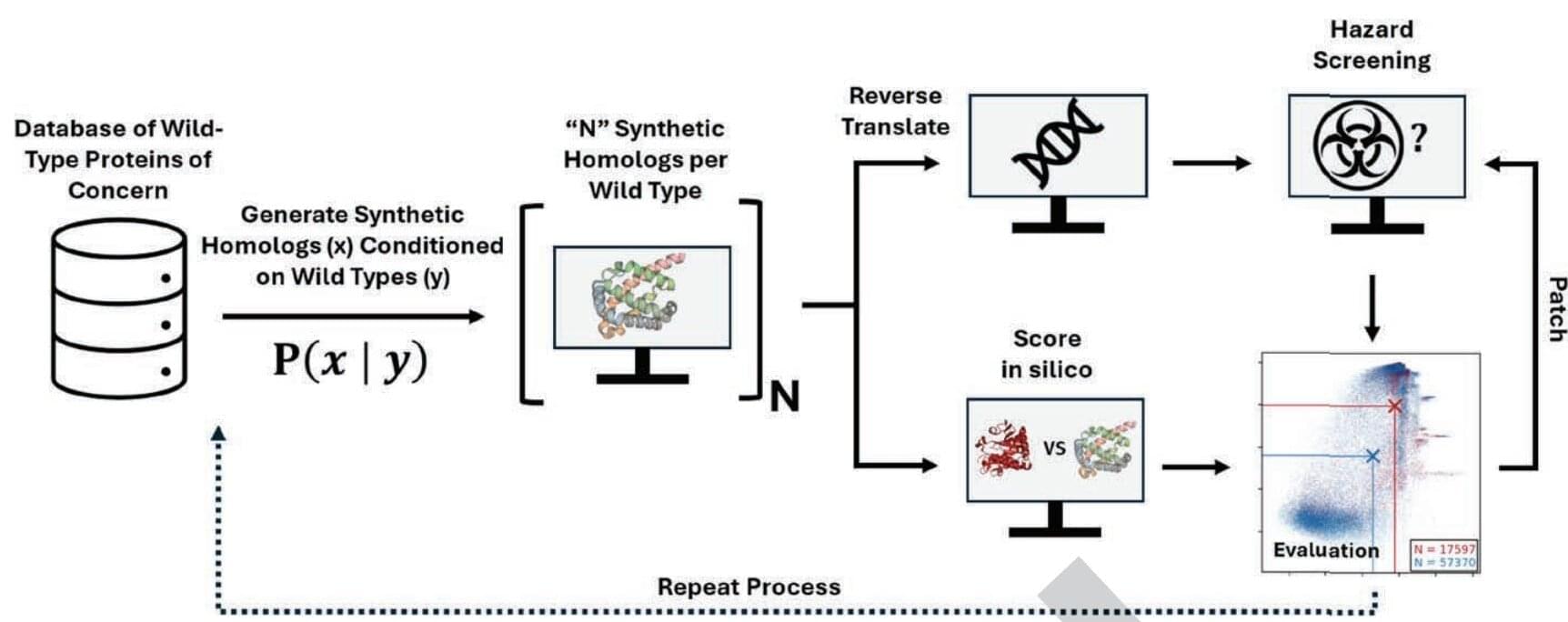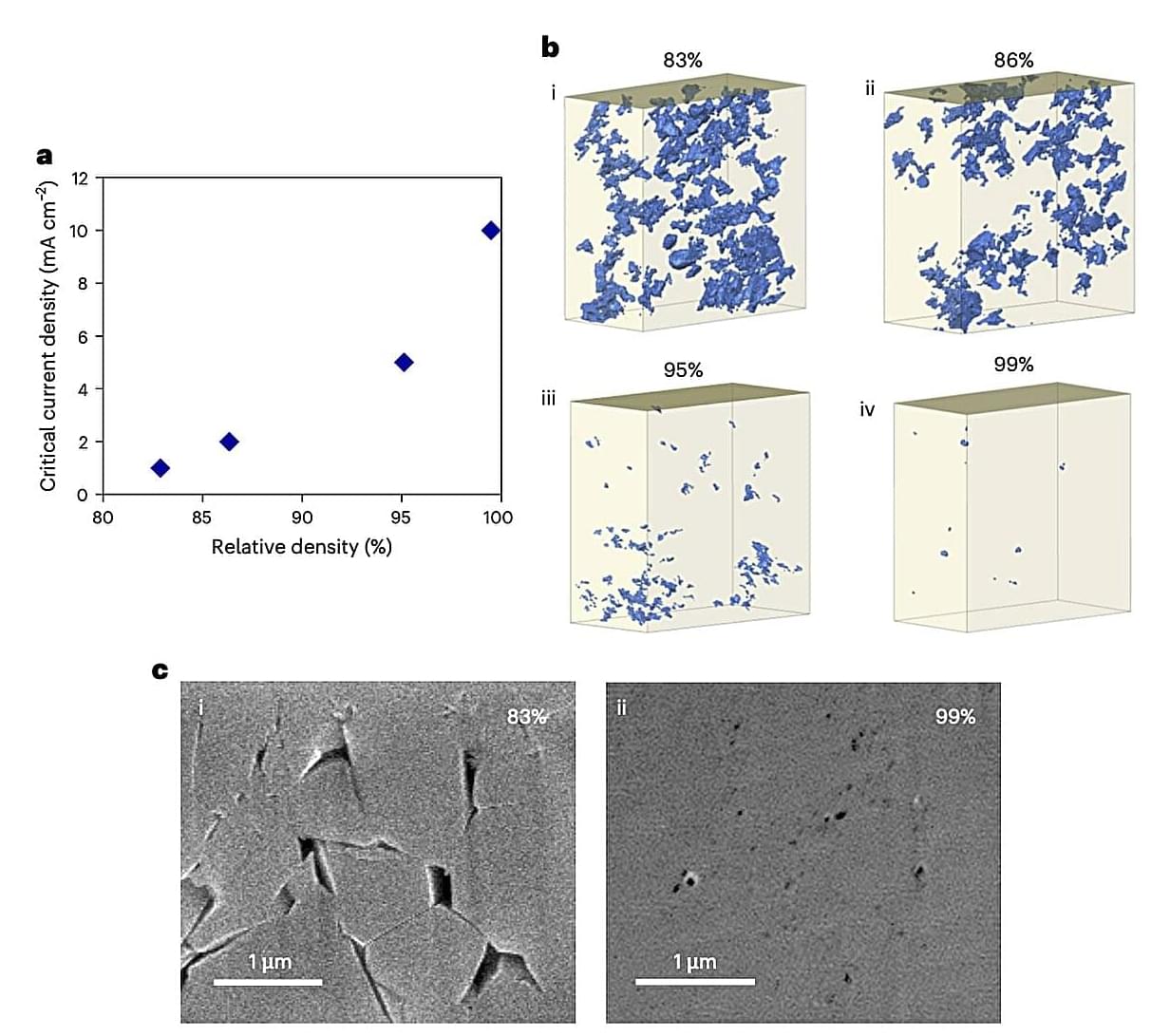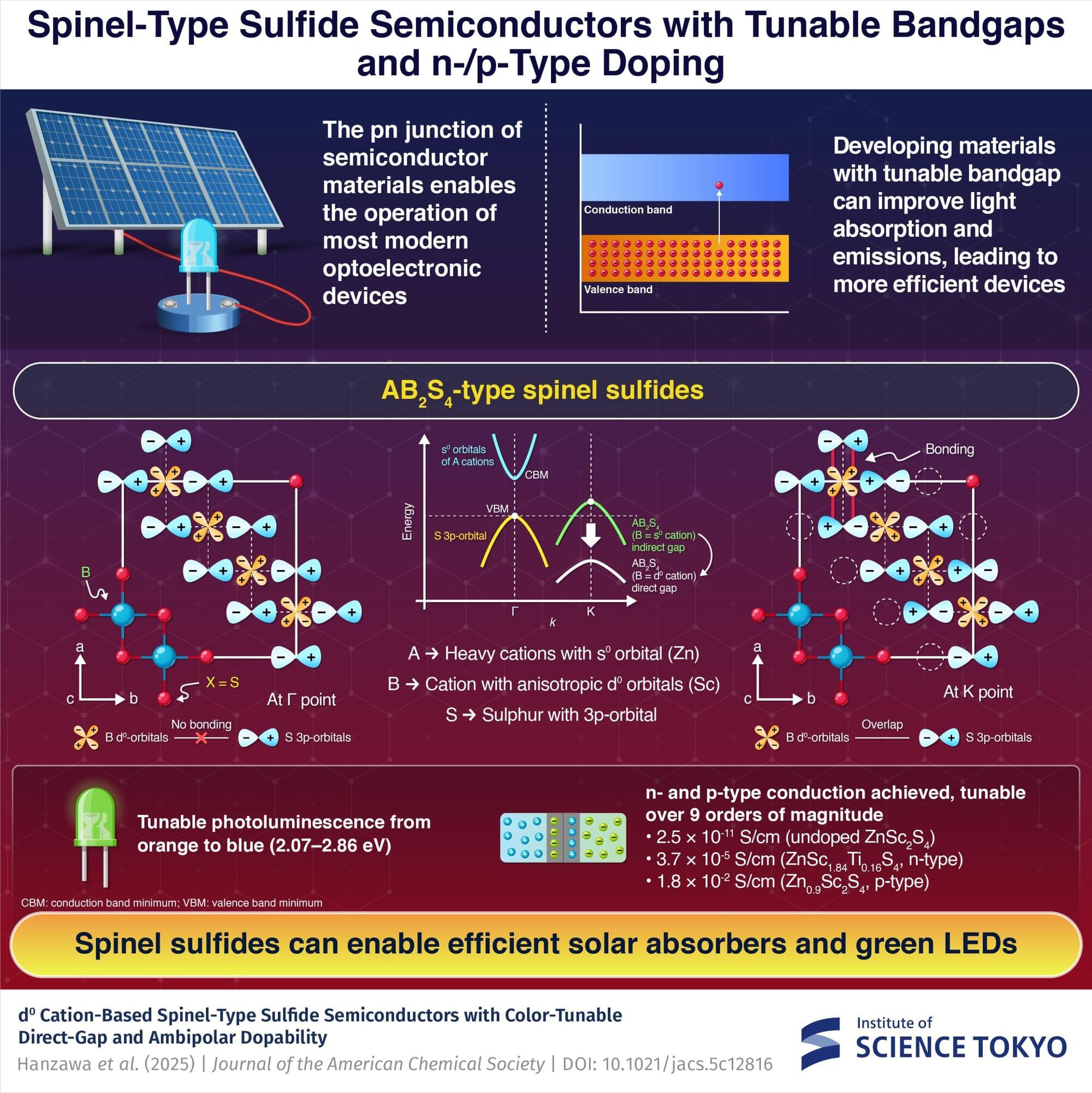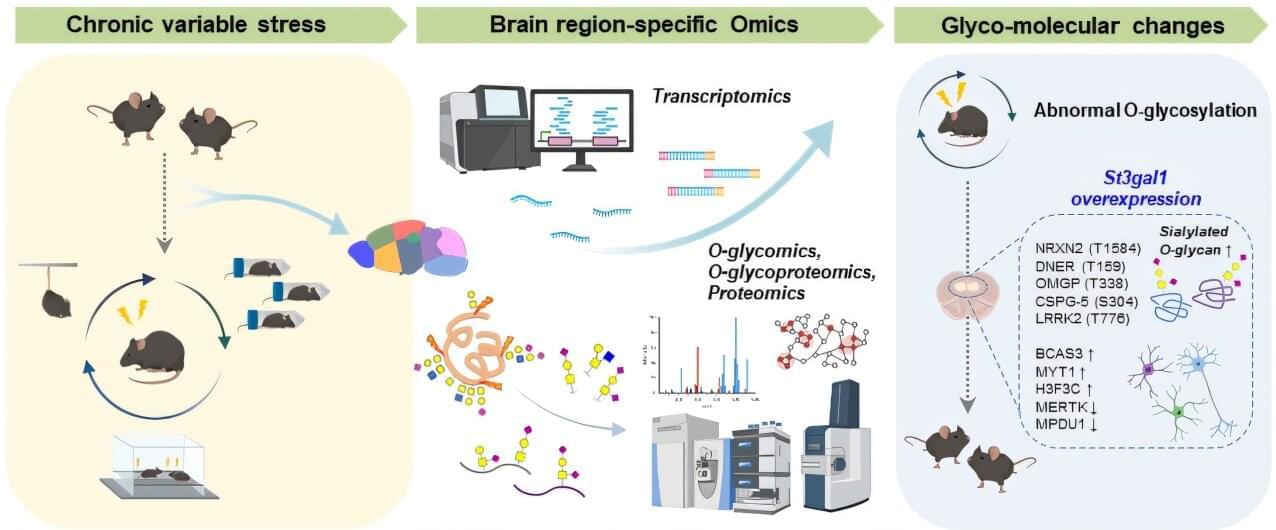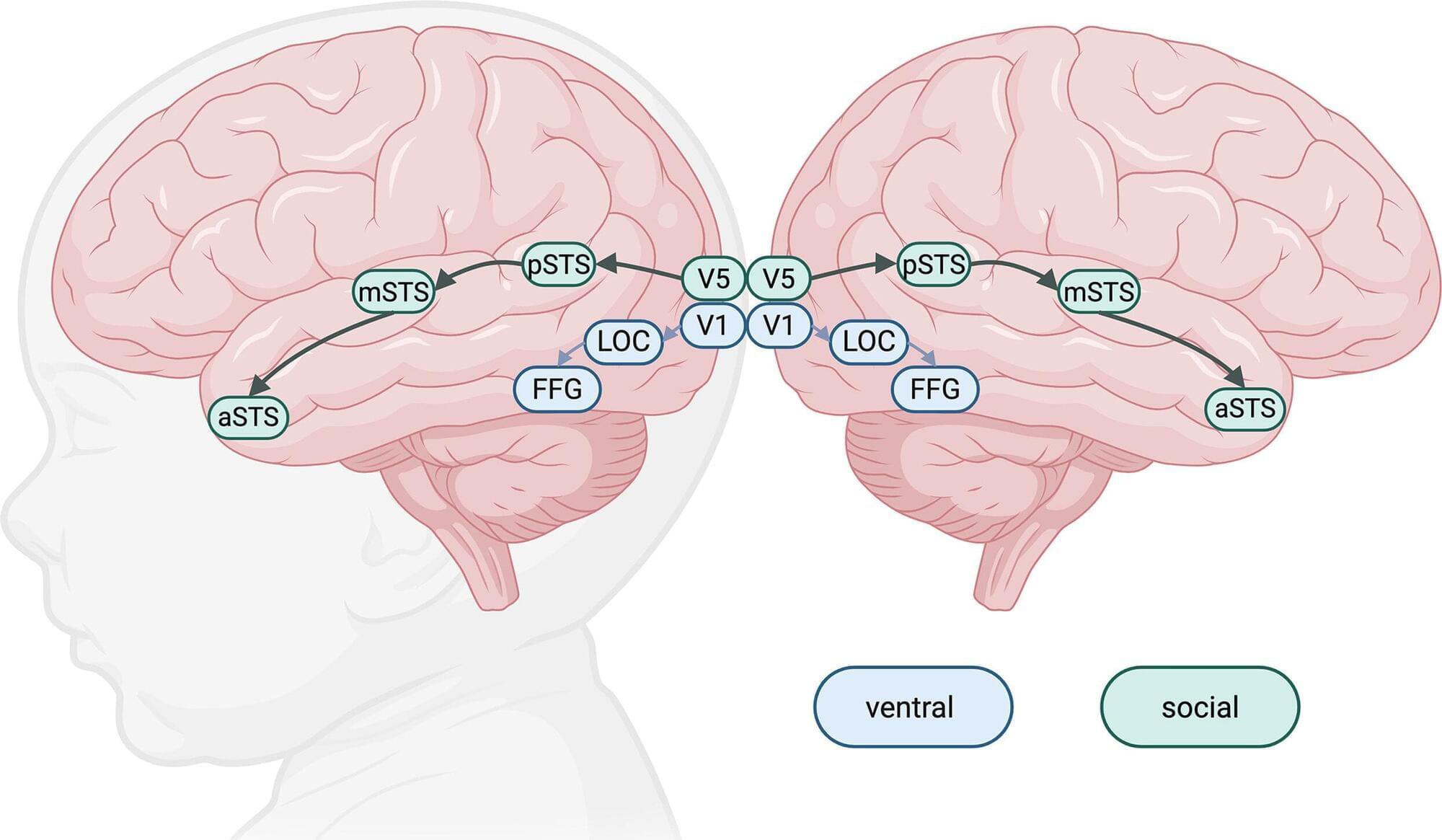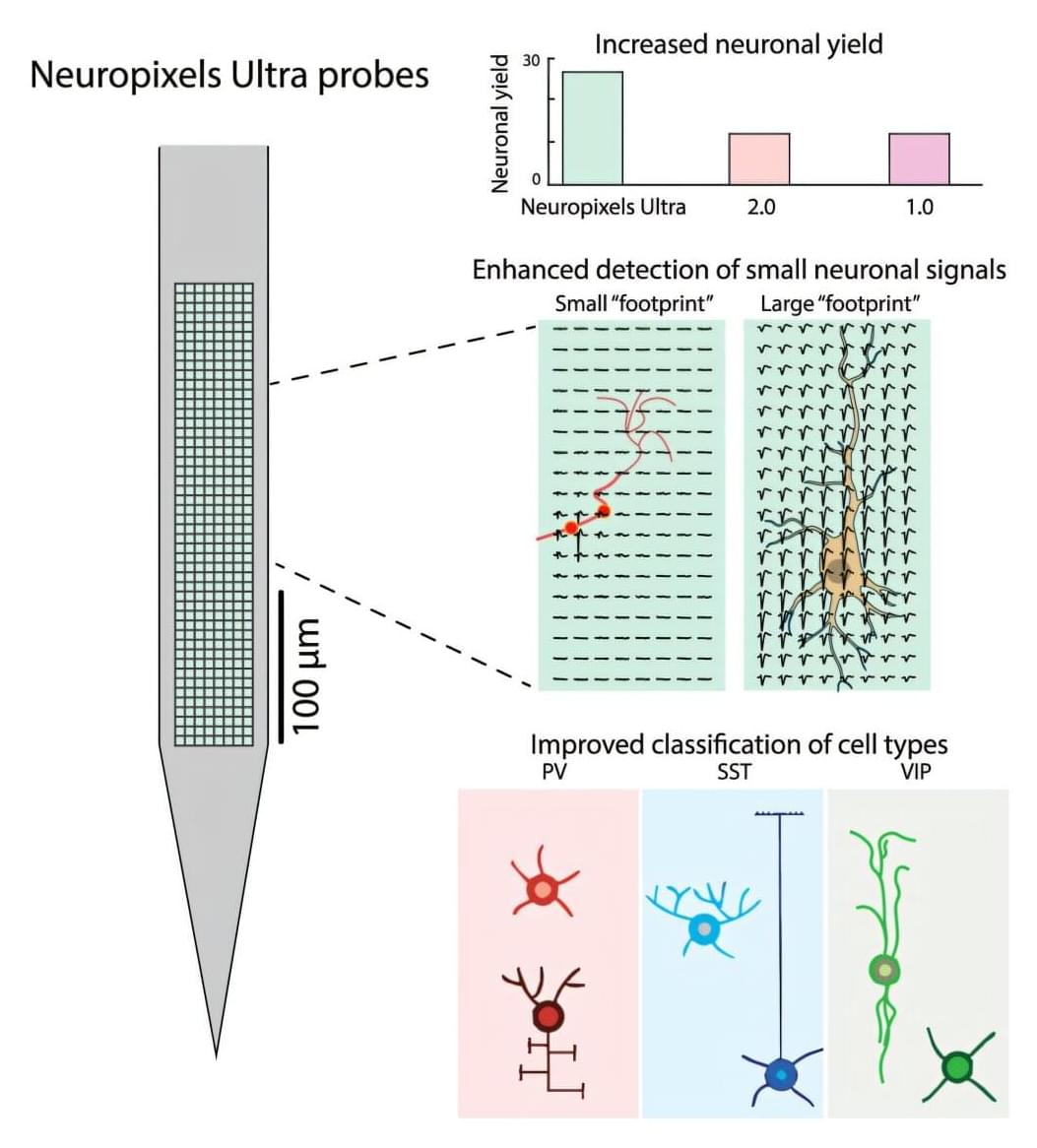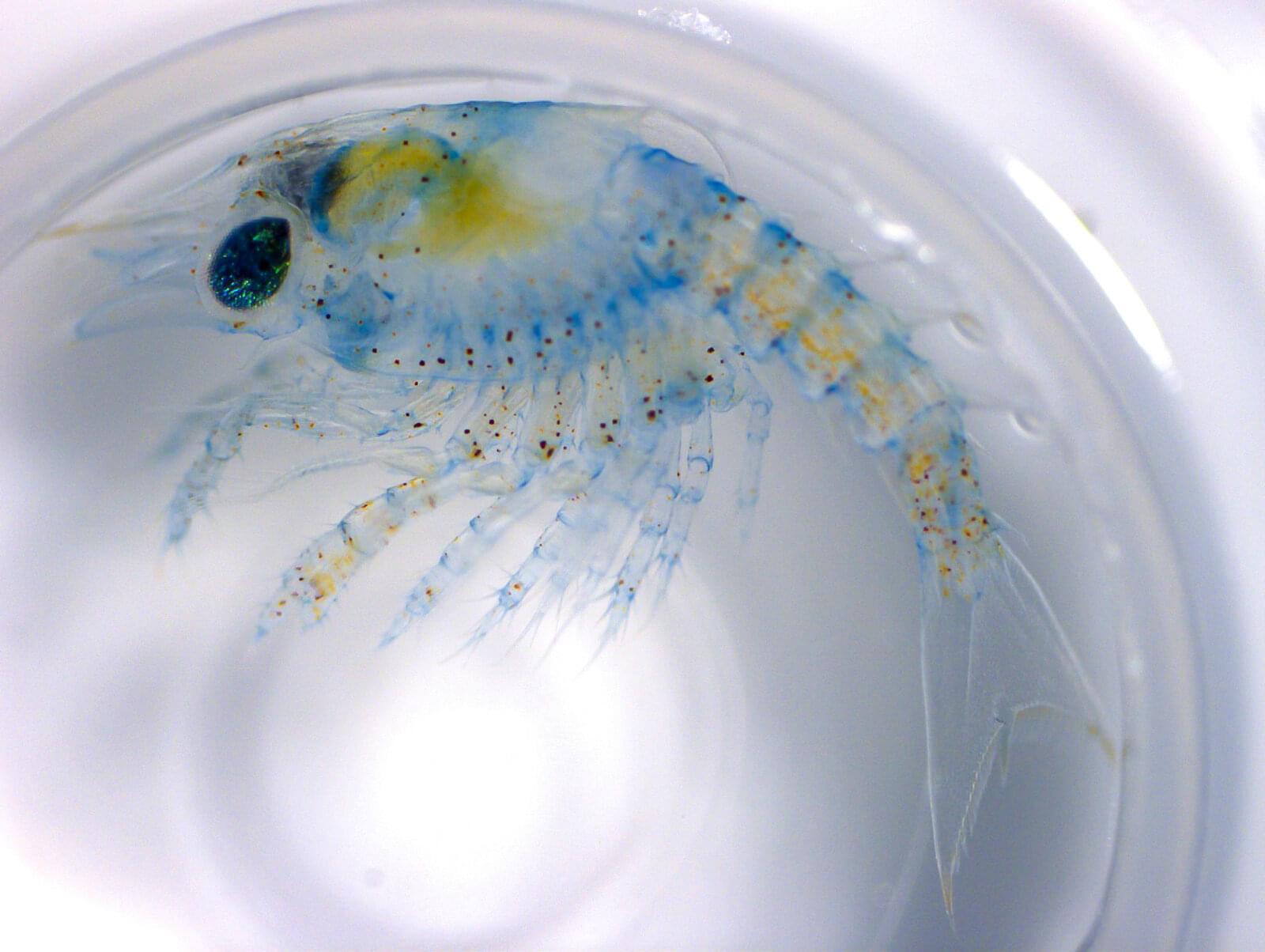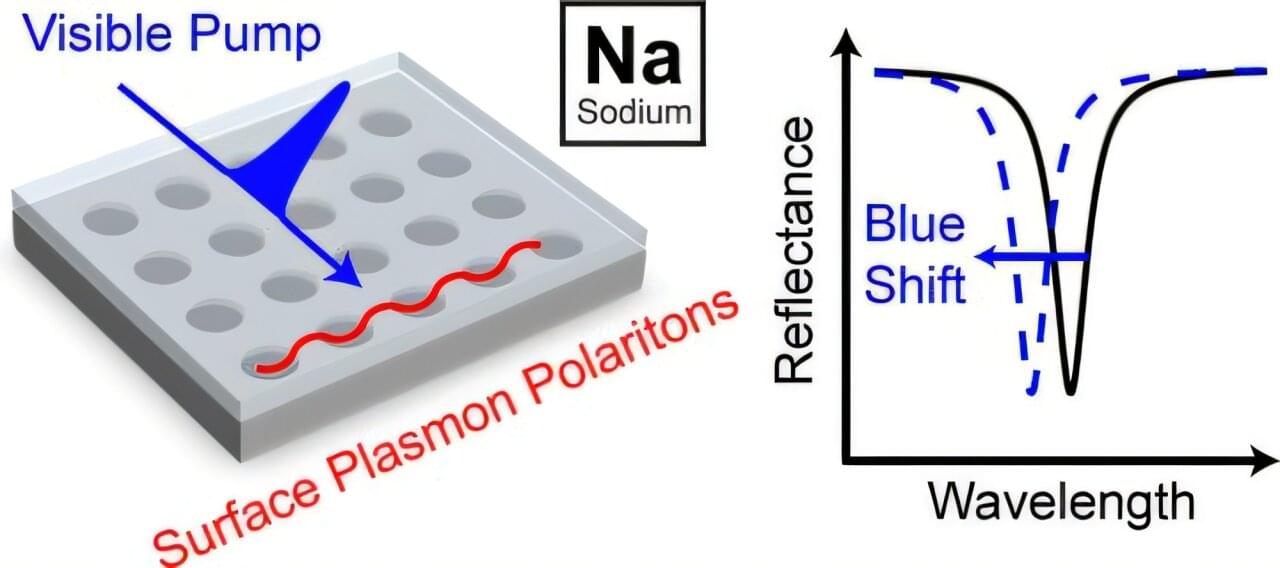Quantum technologies demand perfection: one photon at a time, every time, all with the same energy. Even tiny deviations in the number or energy of photons can derail devices, threatening the performance of quantum computers that someday could make up a quantum internet.
While this level of precision is difficult to achieve, Northwestern University engineers have developed a novel strategy that makes quantum light sources, which dispense single photons, more consistent, precise and reliable.
In a new study, the team coated an atomically thin semiconductor (tungsten diselenide) with a sheetlike organic molecule called PTCDA. The coating transformed the tungsten diselenide’s behavior—turning noisy signals into clean bursts of single photons. Not only did the coating increase the photons’ spectral purity by 87%, but it also shifted the color of photons in a controlled way and lowered the photon activation energy—all without altering the material’s underlying semiconducting properties.
